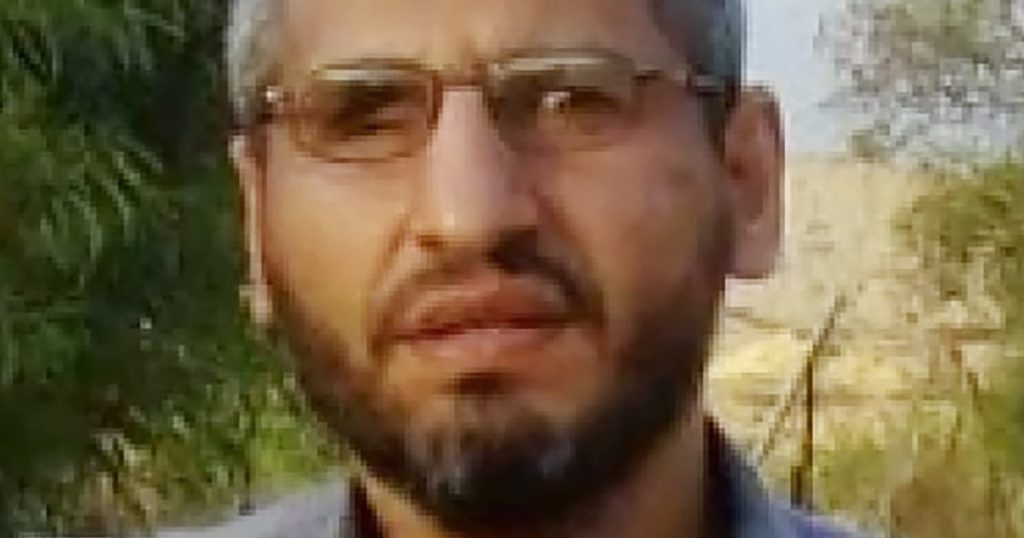Tensions between Iran and Israel have been ongoing since the 1979 Islamic Revolution in Iran, with Iran not recognizing Israel’s right to exist. Israel views Iran as an existential threat, especially due to Iran’s support for militant groups in the region, such as Hezbollah and the Houthis. Israel recently killed a senior Hezbollah commander in Lebanon, blaming him for a rocket attack that killed children in the Israeli-occupied Golan Heights. The assassinations of key figures in these conflicts are seen as part of a continuous sub-threshold war between Israel and Iran. Both sides are not interested in an all-out escalation, but rather in strategic moves to gain leverage in the ongoing conflicts.
There is hope that mediators, such as Qatar and the United States, can help to de-escalate the situation and prevent a full-blown war in the region. Iran’s response, if any, is likely to be within the parameters of the shadow war that has been ongoing for years. Tehran does not have to react with overwhelming force but can choose the timing of their response strategically. Secretary of State Antony Blinken has called for all parties in the Middle East to avoid actions that could lead to further conflict. He emphasized the need for a cease-fire between Israel and Hamas to break the cycle of violence and suffering. Some have raised concerns that the assassination of key figures, such as Haniyeh, could hinder efforts to negotiate a cease-fire in Gaza and free hostages.
The death of Haniyeh, a key negotiator in the conflict, was seen as a blow to mediation efforts in Gaza. Qatari Prime Minister Sheikh Mohammed bin Abdulrahman Al Thani questioned how mediation could succeed when one party assassinates the negotiator on the other side. However, some analysts believe that ending the war goes against what Israeli Prime Minister Netanyahu wants. The assassinations of key figures are seen as a way for Netanyahu to create a victory narrative and divert attention from other strategic defeats. It is a complex situation that could impact how the conflicts in the region play out in the coming months.
The ongoing tensions between Iran and Israel are deeply rooted in historical and political differences that have shaped their relationship for decades. Both countries have different perspectives on regional conflicts and support different groups, leading to ongoing sub-threshold warfare. The recent assassination of key figures in these conflicts has raised concerns about the potential for escalation and the need for mediators to step in and prevent a full-blown war. The situation in the Middle East remains volatile, and any misstep could lead to further conflict and casualties.
Overall, the complex and multifaceted nature of the conflicts between Iran and Israel, as well as their respective allies, has created a delicate balance that could easily be disrupted by strategic assassinations and retaliatory actions. The involvement of mediators like Qatar and the United States is crucial in preventing a full-blown war and finding a path towards peace. The recent events have highlighted the fragility of the situation in the Middle East and the need for all parties involved to exercise restraint and work towards de-escalation. Only through diplomacy and dialogue can a lasting solution be found to the conflicts that have plagued the region for decades.












